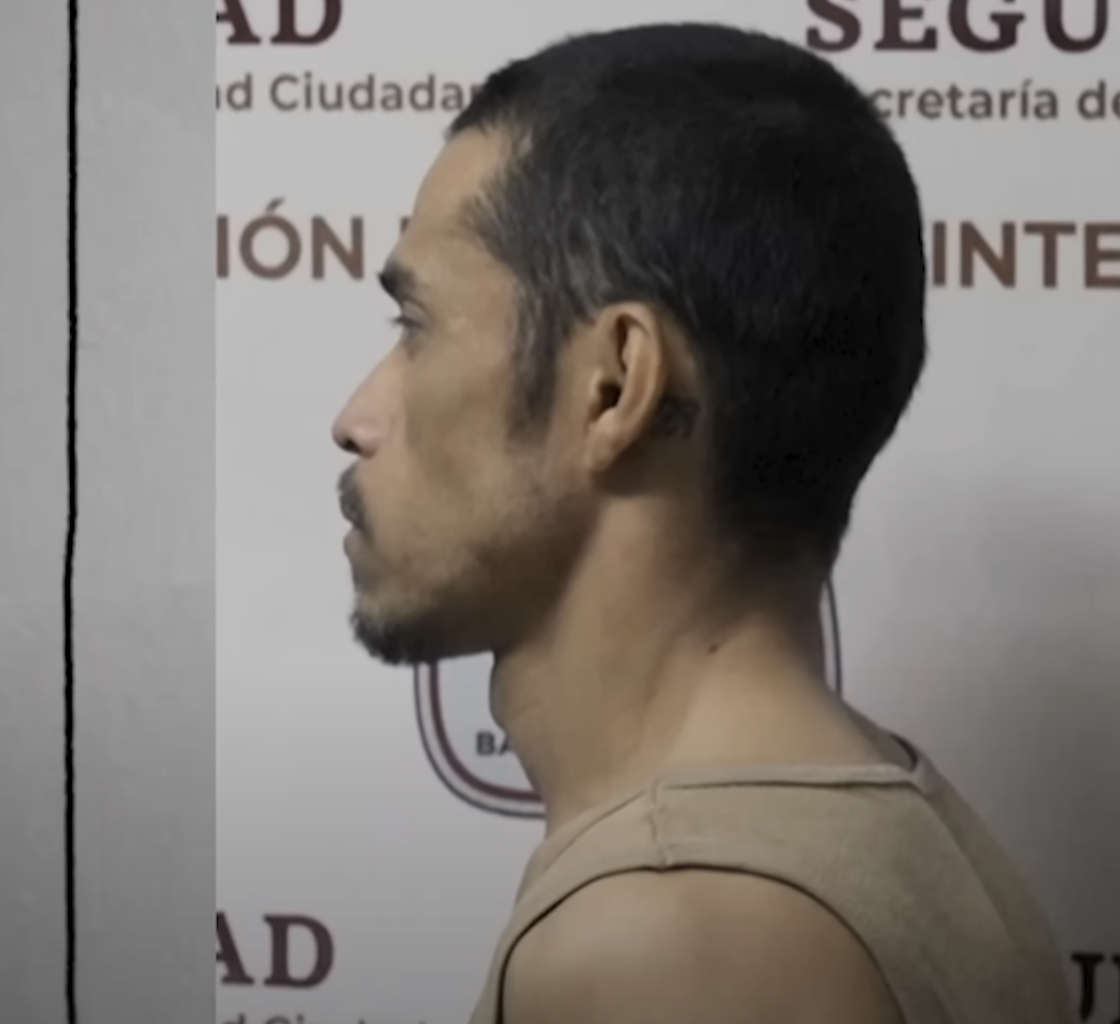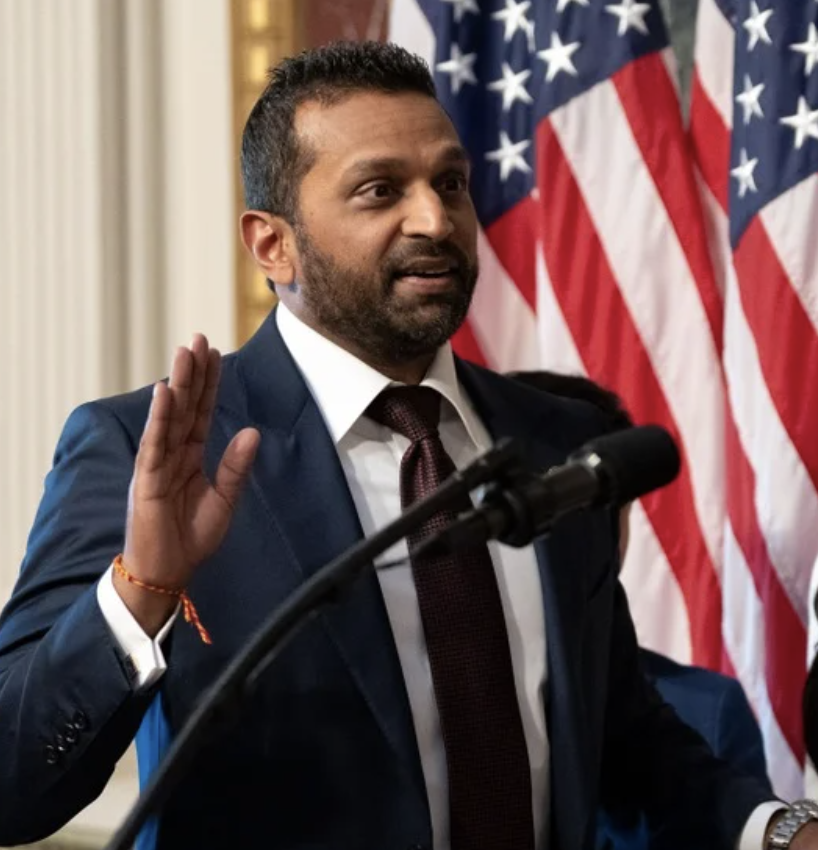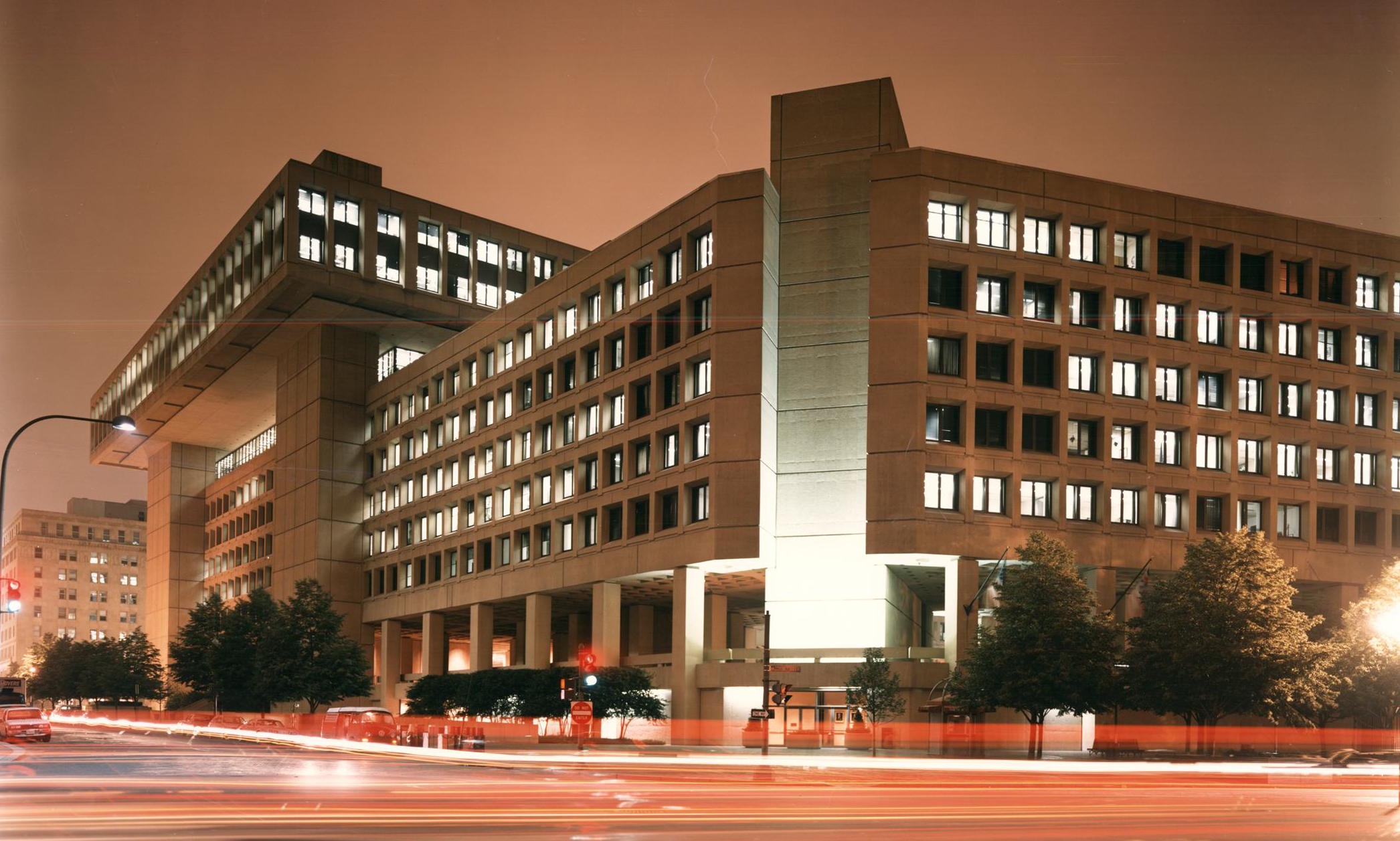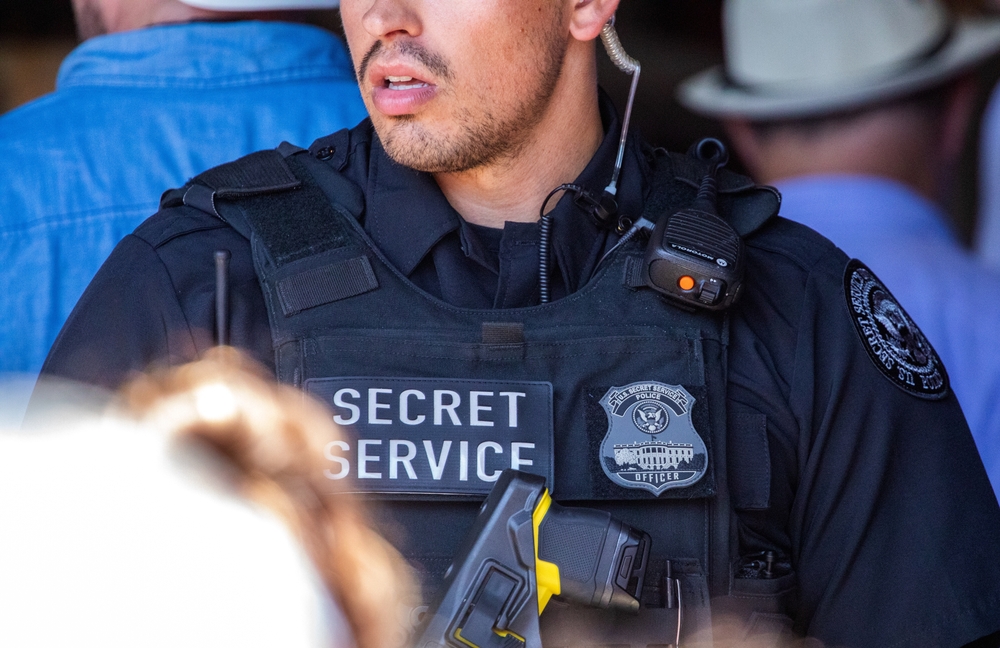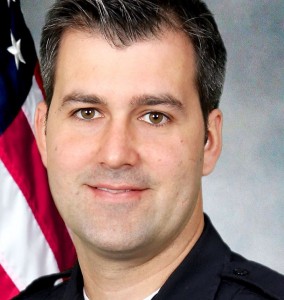
He probably would have gotten away with it.
That’s the sobering reality of the video of South Carolina police officer Michael Slager shooting Walter L. Scott as he ran away, not posing the slightest threat to the officer. The utter indifference to human life evident in the video, shot by Feidin Santana, is horrifying. As Scott’s father put it, “The way he was shooting that gun, it looked like he was trying to kill a deer.” After Scott was felled by at least one of eight shots, Slager occupied himself with handcuffing Scott and possibly trying to plant evidence rather than making any immediateattempt to save his life. The phrase “cold-blooded killing” could have been invented for this shooting.
After the video surfaced, the relevant local authorities, to their credit, actedpromptly and justly. Slager was fired by the police department and charged with Scott’s murder by the district attorney. The killing was denounced by South Carolina’s Republican governor and its two Republican senators. In this case, clear video evidence pierced the thin blue line.
And yet, if it wasn’t for the pure chance of Slager’s actions being videotaped, he probably would have gotten off scot-free. Without videotaped evidence, stories of officers fearing for their lives before using deadly force can be difficult to dispute, and local police departments have little incentive to conduct extensive, critical investigations of the self-justifications of officers who kill. Even worse, they do have incentives to cover up even the most serious police misconduct.
“Americans are bombarded with evidence that police officers who use excessive or fatal force will go to great lengths to protect themselves and make sure they face no legal repercussions,” says Heather Ann Thompson, a professor of history at Temple University who specializes in issues of criminal justice. “From the state police’s bloody retaking of Attica in 1971, to the recent police officer killing of a citizen in South Carolina, cover-up is the first line of defense.”
This tendency to cover up represents a very serious systematic problem. A great deal of the criminal justice system depends on the honesty of law enforcement officials. Many criminal prosecutions depend on police testimony, and we often must rely on the investigations of local police when potential cases of misconduct arise. Pervasive dishonesty both lets individual bad actors escape punishment and undermines essential law enforcement activities.


